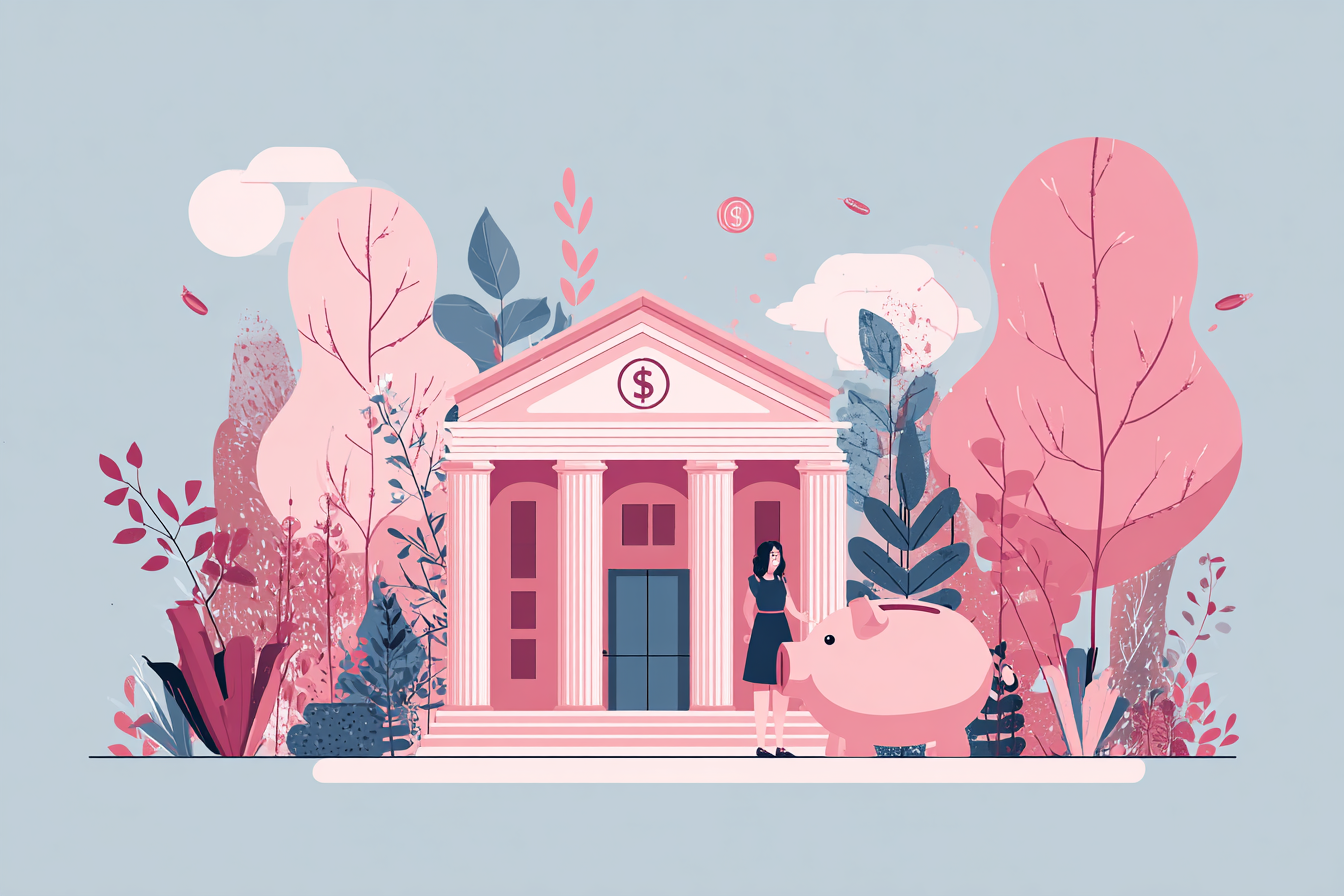Is taking out a personal loan a good option for tackling your credit card debt? Learn about the benefits and potential risks to determine when it makes sense to use a personal loan to pay off a credit card.
Circumstances When a Personal Loan May Be a Good Choice to Pay Off Credit Card Debt
There are some potential benefits to using a personal loan to repay debt.
Debt Consolidation
You may find it challenging to keep track of multiple payments and due dates. Failing to make a payment on time can damage your credit and incur steep fees. Consolidating your debt with a personal loan provides a single monthly payment, simplifying the process.
Lower Interest Rate
The average interest rate on a credit card is approximately 25.37%, whereas the average interest rate on a personal loan for individuals with good credit is significantly lower, ranging from 7.99% to 13.88%. Switching your debt from a high-interest credit card to a lower-interest loan can significantly reduce your costs.
Lower Monthly Payment
Each credit card will have a minimum payment due each month. The amount can vary according to the card issuer’s terms and the balance you carry. Often, the sum of the minimum payments for several credit cards is higher than the payment for a single personal loan.
Clear Repayment Schedule
Accumulating interest, fees, and inconsistent payment amounts make it difficult to predict when you will pay off your credit cards and finally be debt-free. With a personal loan, you’ll have a set repayment schedule that details the exact number of payments, their amounts, and due dates, providing a clear timeframe for paying off your debt in full.
Boost Your Credit Score
Depending on your situation, this debt consolidation strategy may increase your credit score by paying off revolving debt and improving your credit utilization ratio as you make on-time payments. The downside is that closing credit card accounts often causes a temporary drop in your score.
Risks Associated With Using a Personal Loan to Pay Credit Card Debt

A personal loan won’t always save you money. Keep these scenarios in mind and think twice before pursuing a loan if any of them fit your situation.
You Don’t Qualify for Favorable Terms
If you don’t qualify for a personal loan with a low interest rate or an overall lower monthly payment, then this method may not save you any money. Personal loans also have fees ranging from origination fees to prepayment penalties that can increase your total balance.
Your Spending Habits Don’t Change
Using a personal loan to pay off any credit card debt is a risky move if you don’t make an effort to change your spending habits. Be sure to set and stick to a strict budget to avoid accumulating additional debt.
Your Debt Balance Is Small
Calculate the total you owe before applying for a personal loan. If you could realistically pay off your balance in a short time by increasing your payments or perhaps using a balance transfer credit card, then a personal loan isn’t the best idea.
You Can’t Make the Payments
On the other hand, you should not take out a personal loan if you are overwhelmed by debt and may struggle to make your payments on time. Missing even one loan payment can damage your credit and worsen your situation.
Alternative Methods for Eliminating Credit Card Debt
Taking on a personal loan isn’t the only solution to get out of debt:
- Balance transfer credit cards: These cards often have an introductory promotional period with a 0% APR, giving you a window to pay off your debt without accumulating interest.
- Debt snowball: Pay the minimum on all of your cards, but focus on paying off your credit card with the smallest balance first, then move on to the next-smallest until you are debt-free.
- Debt avalanche: This method concentrates on paying off whatever credit card has the highest interest rate first. Once that is paid, put that payment and any extra money you have into the card with the next-highest interest rate.
- Negotiate with creditors: If you have trouble paying off your credit card balance, ask the creditor if you qualify for a lower interest rate, a financial hardship program, or a debt settlement offer. Keep in mind that accepting a settlement can negatively impact your credit.
- Get help: If you are struggling with debt, consider credit counseling for assistance and to learn about your options, including bankruptcy.
Determining whether or not taking out a personal loan to pay off your credit cards is a good idea ultimately depends on your personal situation. If you have good credit and can find a loan with favorable terms, such as a low interest rate and an affordable monthly payment, this strategy could prove advantageous. However, be cautious of personal loans that increase your debt through high fees, predatory interest rates, or excessive payments.
Get clear on the terms of your credit cards to understand what you pay each month and the total you will end up paying until your debt is resolved. Compare these numbers with several personal loan offers to find the option that offers the most benefits, helping you eliminate your debt quickly with terms that fit your budget.
You might also be interested in: Collateral in Secured Loans: Everything You Need to Know


